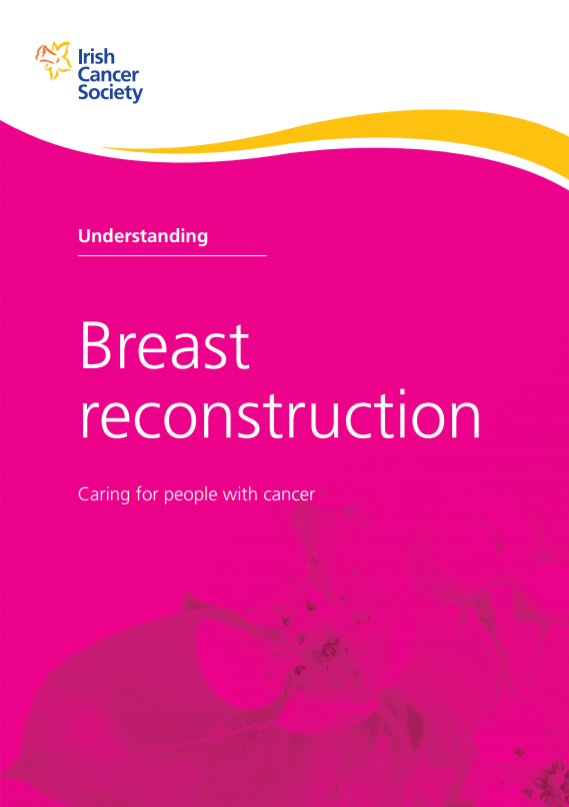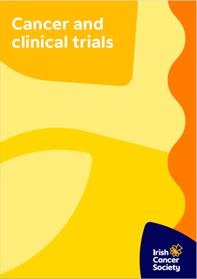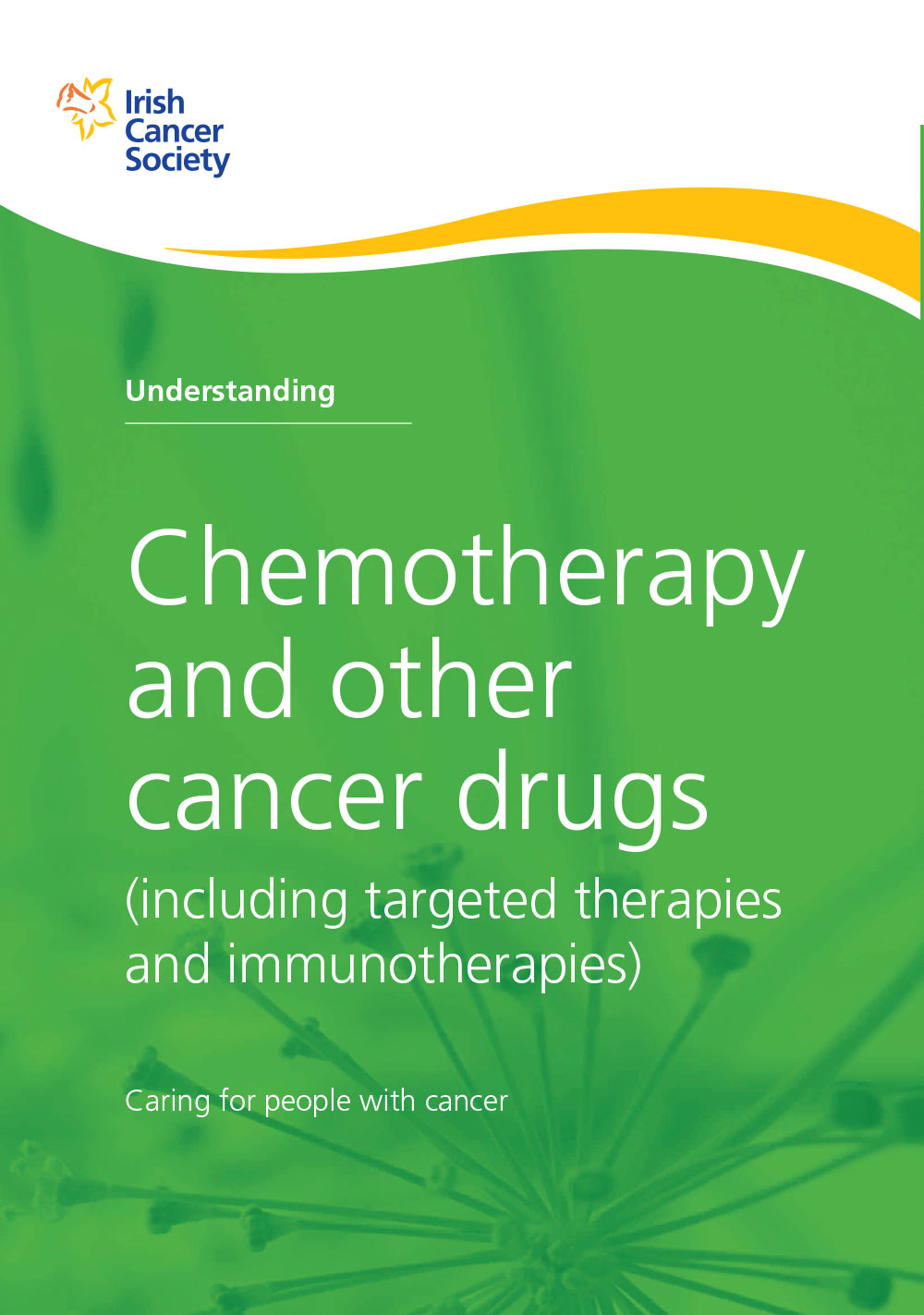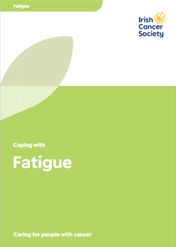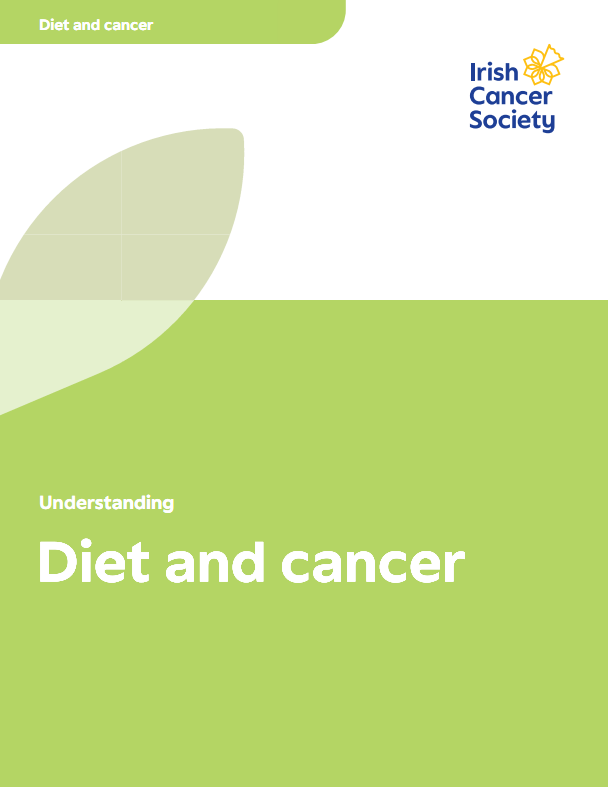
Cancer treatments and side effects
These booklets are written for cancer patients and their loved ones. They include information on cancer treatments, side-effects and how to cope.
If you have any questions, call our Support Line on Freephone 1800 200 700 or visit a Daffodil Centre to speak to a cancer nurse.
1
Allogeneic stem cell transplants
A booklet for patients having an allogeneic (donor) stem cell transplant.
2
Autologous stem cell transplants
A booklet about stem cell transplants using the patient's own cells.
3
Breast reconstruction
This booklet has been written to help you learn more about breast reconstruction. It is aimed at people who have breast cancer and are considering breast reconstruction surgery.
4
Cancer and clinical trials
This factsheet is to help cancer patients understand more about cancer and clinical trials.
5
Chemotherapy and other cancer drugs
This booklet is for cancer patients to help them understand more about chemotherapy, targeted therapies and immunotherapy.
6
Coping with fatigue
Information on the causes of cancer related fatigue and tips to help you manage.
7
Diet and cancer
Information on eating well when you have cancer and coping with eating difficulties.
Suggested collections
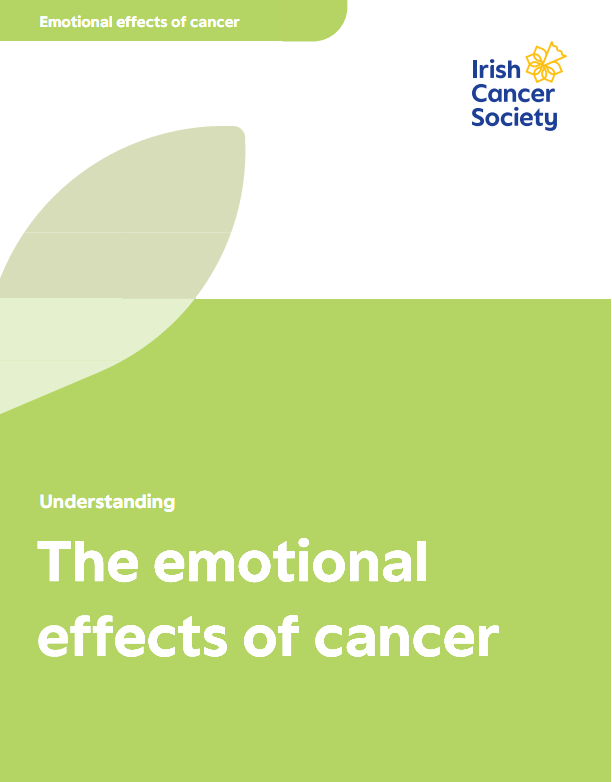
Coping resources for patients
These publications are to help patients and their loved ones cope with the emotional and practical side of cancer. They have advice on talking about cancer, coping with difficult emotions and symptoms, managing relationships, practical and financial matters and life after cancer.

